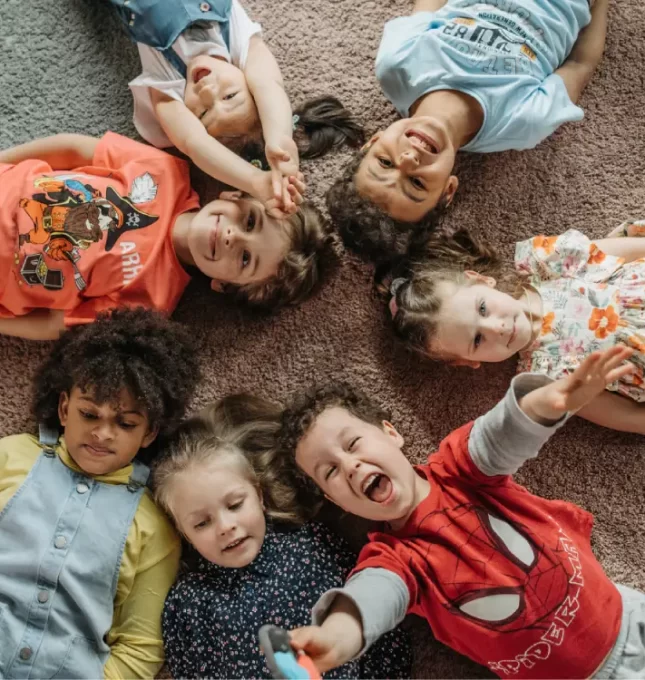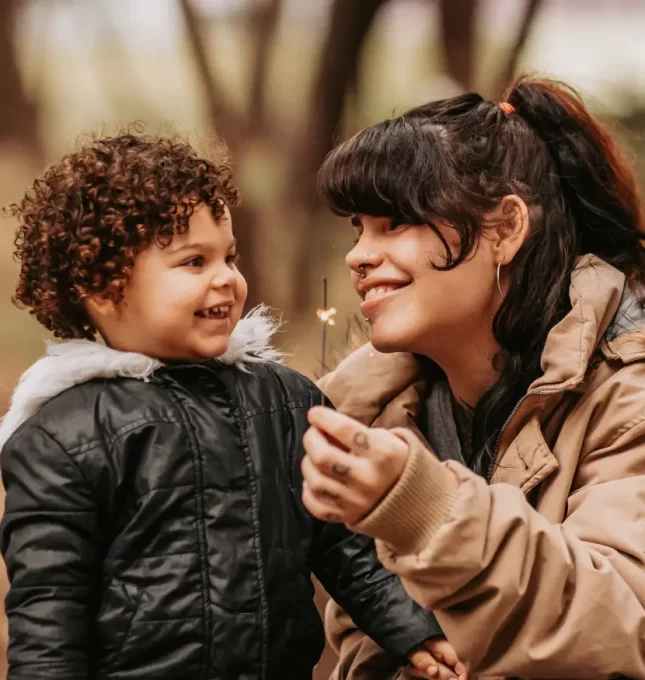
Contact Info
Contact Info

Family conflicts can be overwhelming, but they don’t have to be destructive. Mediation provides a structured, supportive space where families can work together to find fair and lasting resolutions. Wayne Van Tassel, an experienced family mediator in Victoria, helps guide families through open communication and cooperative problem-solving, ensuring that all parties feel heard and respected.
Mediation helps separating couples navigate important decisions, such as asset division, spousal support, and child custody, in a way that prioritizes fairness and respect.
For families involved with child protection agencies (whether the provincial Ministry or a delegated Aboriginal child and family service agency), mediation provides a safe space to discuss parenting concerns and work toward agreements that prioritize the child’s well-being.

Family law mediation is a cooperative and effective approach to resolving a wide range of disputes within families. It offers a structured and supportive environment where family members can openly communicate and work toward mutually acceptable agreements. A neutral mediator guides the process, helping individuals express their concerns and focus on shared goals. This method fosters understanding and respectful dialogue, often leading to more amicable and lasting outcomes.
Family law mediation can address various types of issues, including:
By encouraging families to take control of their own decisions, mediation promotes healthier long-term communication and a more positive foundation for future interactions.
Don’t let conflict define your family’s future. Book a consultation with Wayne Van Tassel today to explore how mediation can help you reach a fair and peaceful resolution.

Child protection mediation is an alternative to court processes in resolving disputes concerning the welfare and safety of children. By providing a neutral and structured environment for all parties involved, child protection mediation allows parents, caregivers, and relevant authorities to work together to develop mutually agreeable solutions that prioritize the best interests of the child.
This approach empowers the participants to collaboratively create parenting plans, address concerns about child abuse or neglect, and establish effective communication channels. Through open dialogue and the guidance of a skilled mediator, families can navigate complex and sensitive issues while promoting a safer and more stable environment for the child’s well-being.

1
Wayne will meet with you to understand your situation and explain the mediation process.

2
Structured discussions help both parties express concerns and explore solutions.
3
Once common ground is found, a written agreement is created, outlining the decisions made.
Mediation is a voluntary, private process where a neutral mediator helps both parties reach a mutually agreeable solution. Unlike court, mediation is less adversarial, faster, and allows families to maintain control over their decisions.
The length of mediation depends on the complexity of the issues and the willingness of both parties to cooperate. Some cases are resolved in a single session, while others may take multiple meetings. No matter how long it takes, mediation is almost always shorter—and less stressful—than going through the court process.
If mediation does not result in an agreement, parties may still pursue legal options such as arbitration or court proceedings. However, mediation often helps clarify issues and narrow disputes, even if a full resolution isn’t reached.
Mediation agreements are not automatically legally binding, but they can be formalized into a legally enforceable document if both parties agree. Wayne can guide you through this process.
